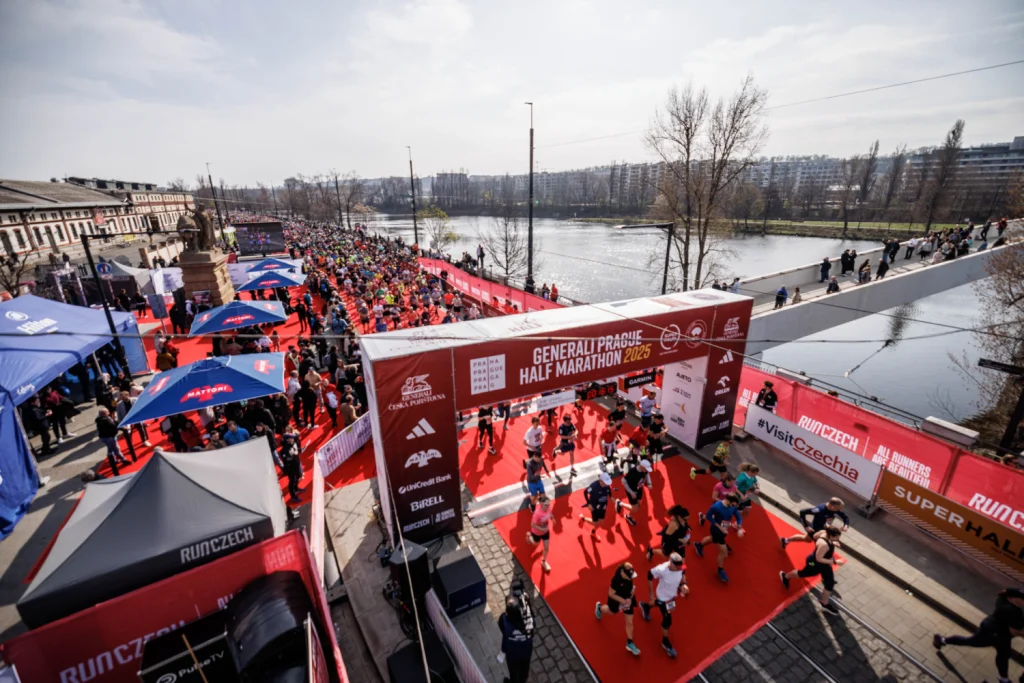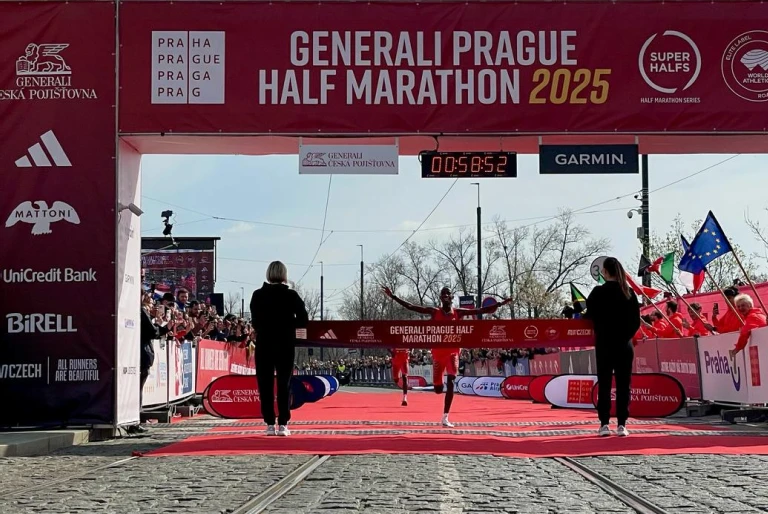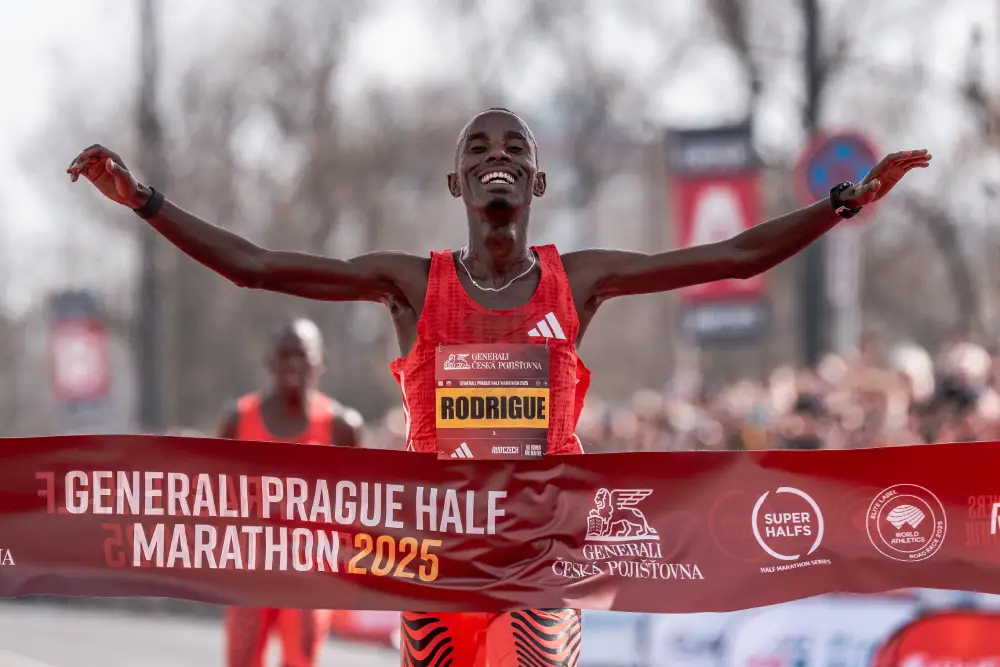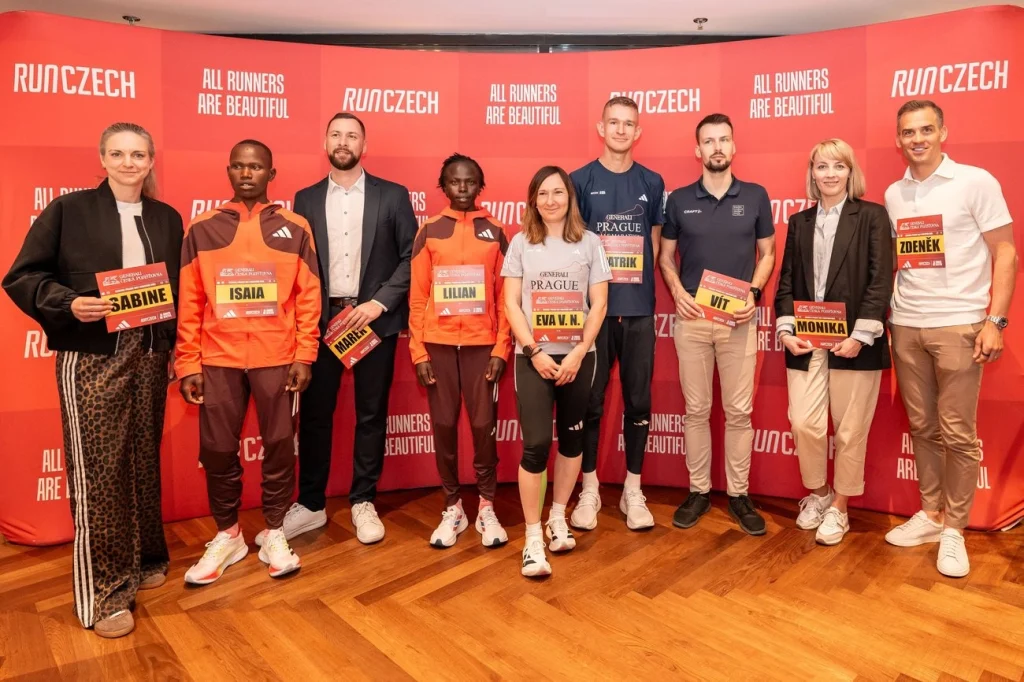During the Generali Half Marathon Prague, medical care was provided by a team of thirty healthcare professionals. More than twenty of them were stationed in the start and finish area inside a specialized medical unit, “Golem.” Additionally, four two-person teams were deployed along the course in rapid-response ambulances. A technical and logistics vehicle supported the setup, and a Polaris ATV (all-terrain vehicle) was also available for quick interventions.
“The ATV is extremely effective in crowded areas like the Prague Half Marathon. It allows us to reach patients much faster and more safely,” said Karel Kirs from the press office of the Prague Emergency Medical Services.
On Saturday, around 16,000 runners took to the streets of the Czech capital. During the 21-kilometer race, 55 of them required medical attention—an exceptionally low number, representing just a fraction of a percent of participants. None of the cases involved serious medical complications.
“Fifty-one runners were treated directly in the Golem unit, with five transported to the hospital. Another four runners received care along the course,” said Karel Kirs. “These were typical conditions related to physical strain, such as minor injuries, exhaustion, or near-collapse states.”
A new feature at this year’s event was the introduction of electronic health cards by Hedvea for participants. Runners could opt to register their essential medical information in advance, particularly details about chronic conditions.
“In practice, we saw that when participants experienced medical issues, those who had the electronic card could be treated more efficiently, as medics had immediate access to their health background,” explained Marcela Němcová, founder and CEO of Hedvea, the company that initiated the electronic health card project.
“One participant, for example, ran the race with an artificial heart valve and required regular blood thinning. In his case, a collapse during the race without the card and his medical history could have been life-threatening,” she emphasized. “There are also many participants with serious health limitations—some with a single kidney, for instance—whose efforts we deeply admire.”
About one-third of all runners took advantage of the electronic health card system at its debut. Nearly half of those who received medical care during the race had the card.
“These cards improve the efficiency of our emergency response. In cases involving loss of consciousness, they can provide critical information about the patient’s chronic conditions,” concluded Karel Kirs of the Prague Emergency Medical Services.





